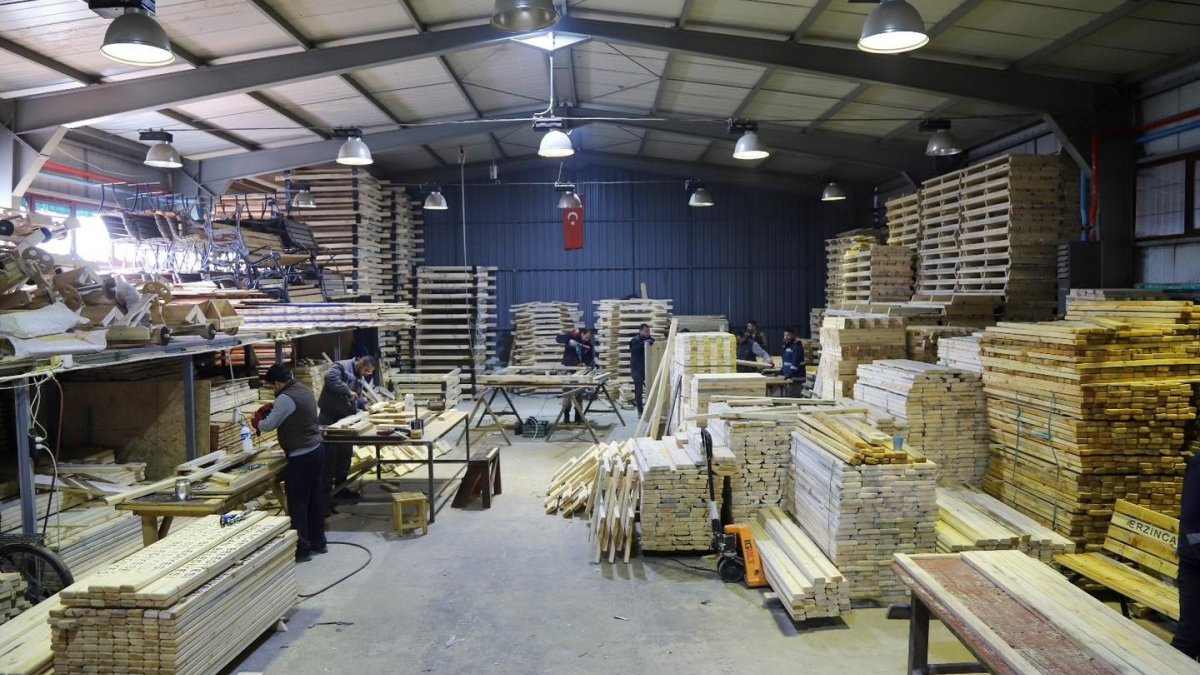Manufacturing Slowdown: Türkiye's Industrial Pulse Weakens in January's Economic Snapshot

Türkiye's Manufacturing Sector Faces Continued Challenges in January
The Turkish manufacturing sector experienced a deeper contraction in January, signaling ongoing economic headwinds for the country's industrial landscape. According to a prominent business survey, the sector's activity continued to slide below the critical growth threshold, highlighting the persistent challenges facing manufacturers.
The latest data reveals a concerning trend of shrinking production and diminished business confidence. Manufacturers are grappling with a complex economic environment marked by persistent challenges, including fluctuating currency values, inflationary pressures, and global economic uncertainties.
This contraction underscores the need for strategic interventions and economic reforms to revitalize Türkiye's manufacturing capabilities. Business leaders and policymakers are closely monitoring the situation, seeking ways to stimulate growth and restore momentum to the country's industrial sector.
The survey results serve as a critical indicator of the broader economic health, suggesting that Türkiye's manufacturing industry may require targeted support and innovative approaches to overcome its current difficulties.

